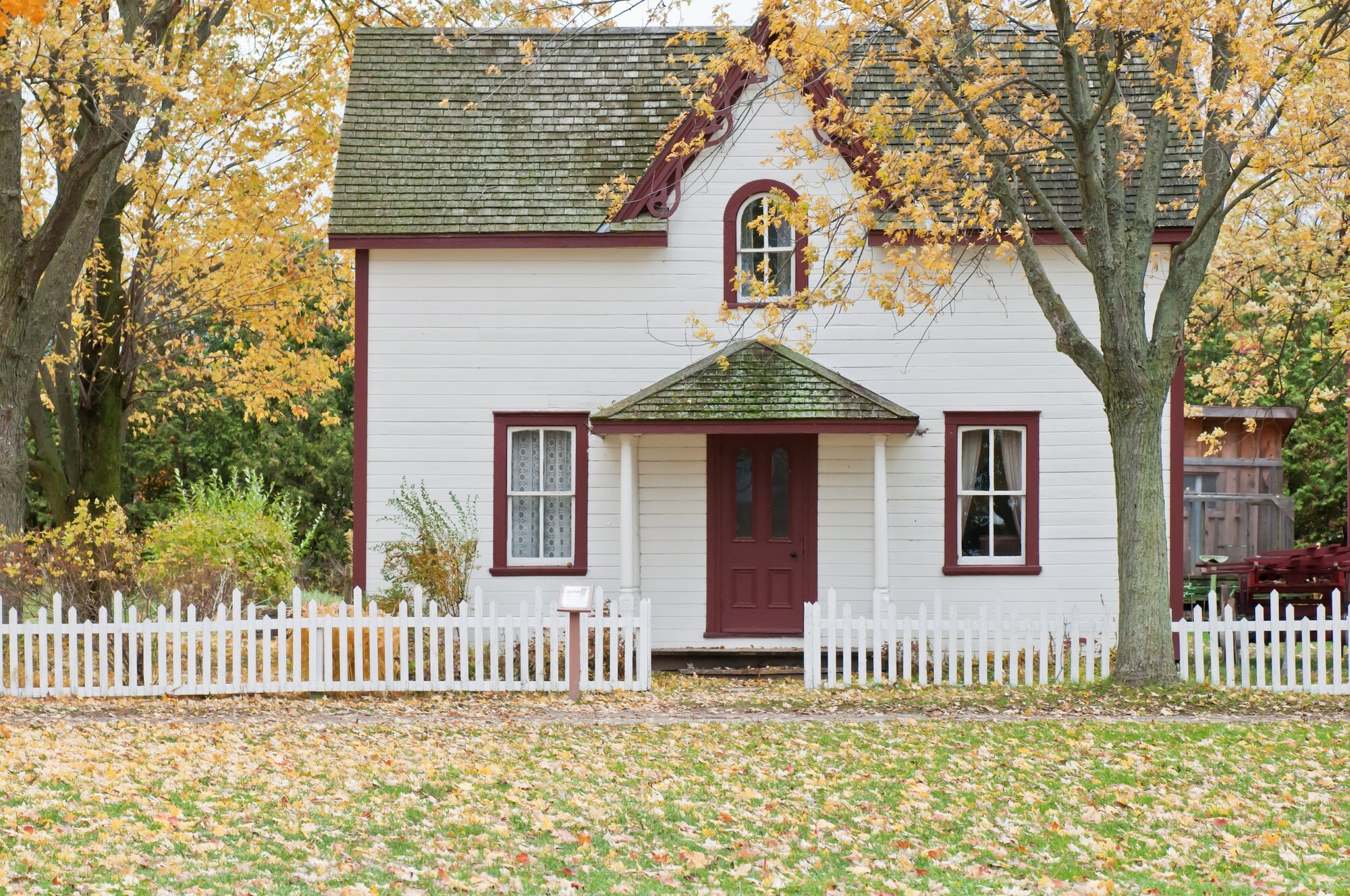Until recently, most Shared Ownership homes were sold with 99-year leases. Given the new model for Shared Ownership offers a 990-year lease, you might be wondering if it’s still worth buying a new-build Shared Ownership property with a 99-year or 125-year lease… Or, whether buying a resale with fewer than 99 years remaining on the lease is risky.
The answer will depend on a number of factors, including your future plans for your Shared Ownership home. In this feature, we will explain some considerations you may want to take into account.
What’s the problem with 99-year leases?
Once a lease has fewer than 80 years remaining on the lease, lease extension becomes much more expensive. This is due to a step-change in the way the cost of the lease premium is calculated from this point: an additional element – known as ‘marriage value’ – is added to the cost of the premium. This can make it harder to remortgage or sell your home.
The shorter your lease, the sooner you’ll arrive at the 80-year threshold. In fact, if you have a 99-year lease and you’ve taken out a 25-year mortgage (or, more typically these days, a 30- or 35-year mortgage) you could find yourself facing a costly lease extension before you’ve finished paying off the mortgage loan on your share.
Will proposed new leasehold reforms help me?
It’s hard to say. The Leasehold Advisory Service (LEASE) suggests that, if you have between 80 and 82 years remaining on your lease, then you should probably extend now. This is because no one can be certain when proposed new leasehold reforms will be enacted, or precisely what they will consist of. Any savings arising from leasehold reform might be counteracted by additional costs if your lease drops below 80 years in the meantime.
If your lease is already below the 80-year threshold, LEASE suggests that you could consider waiting for the reforms, as they might save you money. But there are some risks: ‘It is really important to know that if the changes do not come in when they are expected then you could end up paying more than if you just extended now.’
What about if you have more than 82 years remaining? LEASE suggests that it might be worth waiting to see how leasehold reform plays out. At least until you hit the 82-year mark. At that point, you may want to consider proceeding with a lease extension for the reasons outlined above.
How about a 125-year lease?
Due to the problems created by short 99-year leases, some Housing Associations offered 125- or 250-year leases. If you have a 250-year lease, you won’t need to think about lease extension during your lifetime.
However, the situation is different if you’ve got a 125-year lease. This gives you more time to extend your lease, or sell on, or obtain the freehold (where applicable) before the 80-year threshold kicks in. But it’s important not to let things drift past the 82-year milestone.
Is it cheaper to buy a Shared Ownership home with a short lease?
Generally speaking, whether a new-build home has a ‘short’ 99-year lease or a longer lease, won’t make much difference – if any – to the sales price. This is because lease length doesn’t appear to make much difference to the prices homebuyers are willing to pay for new properties.
However, once the number of years left on a resale lease drops to just above 80 years, the sales price might be lower than it would have been with more years remaining. But you would need to factor in the likely cost of lease extension to know whether that property was good value or not.
House vs flat
You might be able to obtain the freehold of a Shared Ownership house via 100% staircasing. Check your lease, or ask your solicitor. If so, lease extension is irrelevant so long as you can afford to staircase to 100%.
However, you can’t obtain the freehold of a flat, or a property with where staircasing is capped, or a leasehold house.
It’s not my forever home – does it matter if it’s got a short lease?
A short lease might not matter to you. It will depend on precisely how short the lease is, and on your future intentions for your home.
Staircasing and lease extension
If you do extend your lease, bear in mind that this will increase the value of the property, making future staircasing transactions more expensive. We’ve already mentioned that staircasing to 100% can sometimes obtain the freehold. If not, it’s essential to think about the order in which you staircase to 100% and extend your lease, assuming you can afford to do both.
What happens if I can’t afford to extend the lease?
It could be difficult, or more expensive, to get a mortgage once the number of years remaining on the lease approaches 80 years, or drops below 80 years. This could create challenges for staircasing or sale. If you are planning to leave your home to your family, a short lease could create a headache for your beneficiaries and executors. The longer it takes to sell your home, the more service charges will be charged to the estate, meaning the amount your beneficiaries receive as inheritance could shrink.
Another issue is whether the new model lease will create a ‘two-tier’ market. Will homebuyers prefer the new 990-year Shared Ownership leases to the old leases? It’s probably too early to say, but it’s definitely something to consider.
Do your research!
Every lease is different, and the property market changes over time. In this feature, we have outlined some aspects of short leases you might want to consider. But you will need to undertake more detailed research, and take specialist advice from a solicitor, if you are considering purchasing a new-build Shared Ownership home with a ‘short lease’, or a resale with a limited number of years left on the lease.


